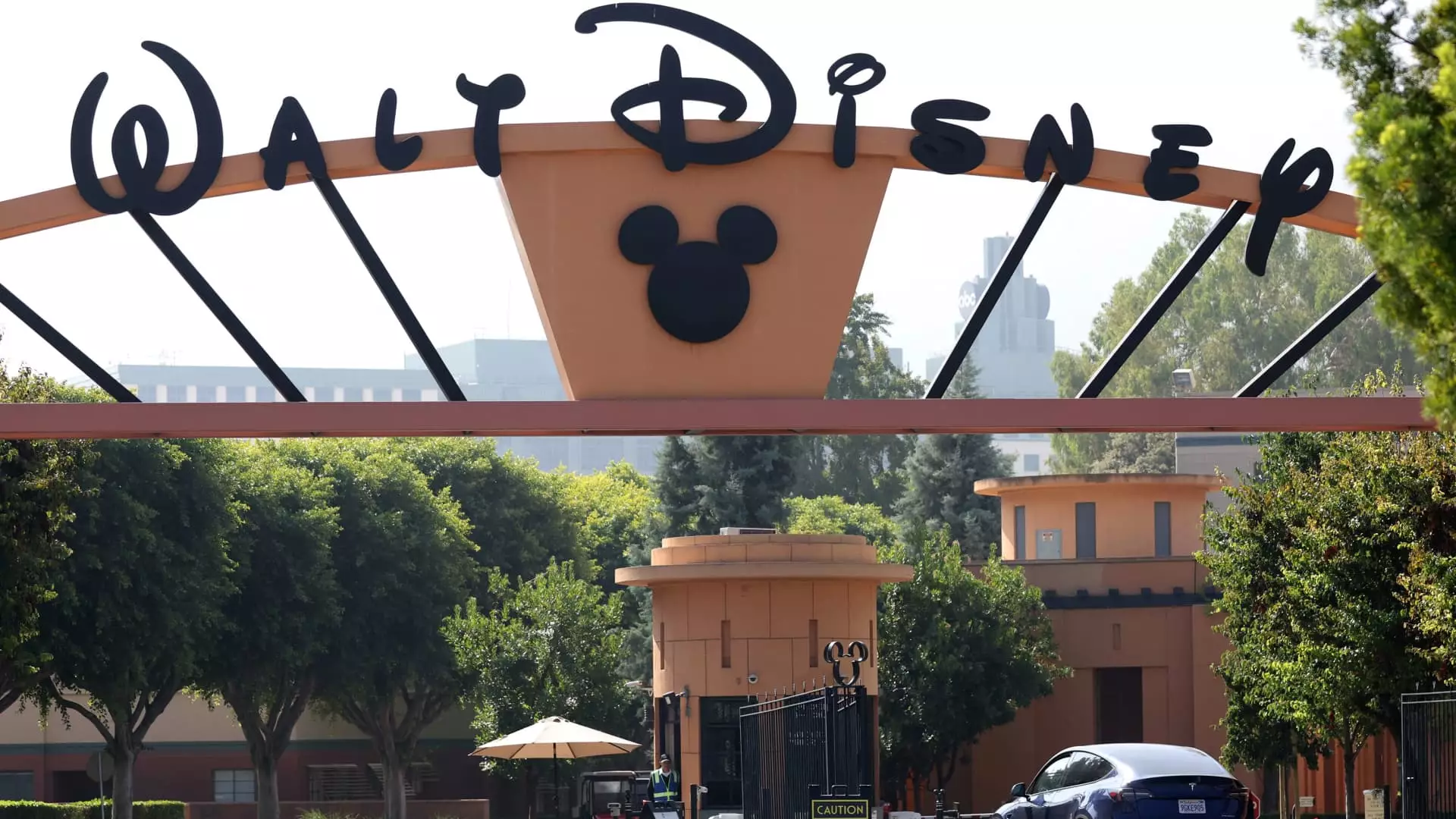The Federal Communications Commission (FCC) has taken an extraordinary step by formally initiating an investigation into The Walt Disney Company and its ABC division regarding their diversity, equity, and inclusion (DEI) practices. This probe signals not just a regulatory scrutiny but a societal threshold that raises questions about the authenticity and fairness of corporate DEI initiatives. With a clear mandate to ensure compliance with employability standards, the FCC is poised to examine whether Disney’s efforts are genuinely inclusive or merely tokenistic.
A Concerning Shift in Corporate Focus
Historically, Disney has been synonymous with creativity and family-centered entertainment, captivating audiences with its storytelling prowess. However, as FCC Chairman Brendan Carr pointedly articulated in his letter to Disney CEO Bob Iger, there seems to be a shift that has diluted the company’s hallmark appeal. The inquiry prompted by a top-down directive from the Trump administration seems to suggest that what might have begun as commendable efforts in diversity could now be perceived as divisive practices that alienate rather than unite.
In an era where corporate social responsibility is increasingly at the forefront of public expectation, Disney’s recent focus on DEI has come under fire for possibly fostering an exclusionary culture masked in progressive jargon. This paradox reveals a broader tension in corporate America: the balance between social advocacy and business priorities.
Political Underpinnings and Corporate Responsibility
The timing of the FCC’s investigation is not coincidental, arriving shortly after former President Trump issued an executive order aiming to curtail DEI initiatives across federal and private sectors. This political maneuver emphasizes the need for companies like Disney to tread carefully—not just in maintaining robust DEI frameworks, but in aligning them with genuine ethical principles rather than political expediency.
The discrepancy between corporate narratives of inclusion and the reality of bureaucratic oversight raises unsettling questions. One must wonder if these efforts are fundamentally misaligned with their touted objectives, potentially transforming equity into a political weapon rather than a means to cultivate universal opportunity within the workforce.
Left with Questions
Disney’s response, indicating a willingness to collaborate with the FCC in this investigation, embodies both hope and skepticism. Can a company with such immense cultural capital truly engage with these critiques meaningfully, or will it reduce its stance to mere compliance? The notion of “invidious discrimination” in the realm of DEI is not to be taken lightly; it underscores the ethical implications if practices are found to contravene the spirit of equal opportunity.
As stakeholders in America’s media landscape look to Disney, this inquiry transcends corporate interest—it taps into the collective consciousness about equity in society. It’s about making sure that inclusion doesn’t just pay lip service but embodies a transformative ethos that genuinely benefits all people.
In the ongoing dialogue about what constitutes fair corporate practices in a diverse society, the FCC’s investigation into Disney’s DEI efforts might just serve as the pivotal moment we need to reassess the content of our cultural narratives and the sincerity of those who produce them.

